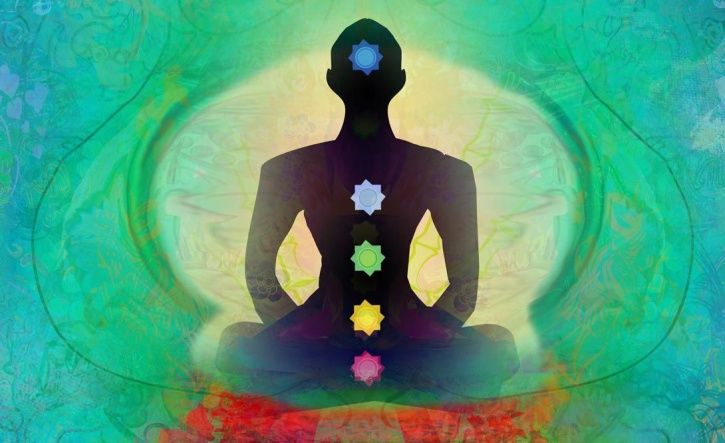Starting
your challenge is to ...
In this week's challenge you must Meditate. Meditation (dhyan) is the process of concentrating mind on a single topic, preventing it from wandering. Virtuous meditation can be practiced by a person with a physical constitution who can keep his thought-activity from drifting and concentrate solely on the nature of self. When the soul gets rid of all auspicious and inauspicious intentions and dilemmas, and attains a state of unbiased absorption in all bonds of karma break down. In fact, meditation entails forgetting all worries, intentions and dilemmas, and stabilizing the mind. It involves contemplating about the nature of soul, thinking of the difference between soul and matter, and concentrating on the true self.Meditation purifies the mind, speech and body. However, it is of no avail to inflict pain on the body without purifying the thoughts. One who stabilizes the mind and concentrates on the self definitely achieves salvation. Meditation is the only means to stabilize the mind.
- Reduces Stress
Many styles of meditation can help reduce stress. Meditation can also reduce symptoms in people with stress-triggered medical conditions.
- Controls Anxiety
Habitual meditation helps reduce anxiety and anxiety-related mental health issues like social anxiety, phobias and obsessive-compulsive behaviors.
- Promotes Emotional Health
Some forms of meditation can improve depression and create a more positive outlook on life. Research shows that maintaining an ongoing habit of meditation may help you maintain these benefits long term.
- Enhances Self-Awareness
Self-inquiry and related styles of meditation can help you "know yourself." This can be a starting point for making other positive changes.
- Lengthens Attention Span
Several types of meditation may build your ability to redirect and maintain attention. As little as four days of meditation may have an effect.
- May Reduce Age-Related Memory Loss
The improved focus you can gain through regular meditation may increase memory and mental clarity. These benefits can help fight age-related memory loss and dementia.
- Can Generate Kindness
Metta, or loving-kindness meditation, is a practice of developing positive feelings, first toward yourself and then toward others. Metta increases positivity, empathy and compassionate behavior toward others.
- Helps Control Pain
Meditation can diminish the perception of pain in the brain. This may help treat chronic pain when used as a supplement to medical care or physical therapy.

Meditation is a mind and body practice that has a long history of use for increasing calmness and physical relaxation, improving psychological balance, coping with illness, and enhancing overall health and well-being. Mind and body practices focus on the interactions among the brain, mind, body, and behavior.
- Sit comfortably
- Close your eyes.
- Make no effort to control the breath, simply breathe naturally.
- Focus your attention on the breath and on how the body moves with each inhalation and exhalation. Notice the movement of your body as you breathe.
- Try not to get diverted by your thoughts, keeping your eyes close concentrate on the portion between your eyebrows this will keep you focused and not getting diverted
- Thing that happiness is within you and try to feel that happiness
- Do this for atleast 15 minutes
Scientific Benefits of Meditation - Learn more here.
14 Benefits of Meditation - Learn more here.
Physiological benefits of Meditation - Learn more here.
This challenge was closed on 9/18/2022